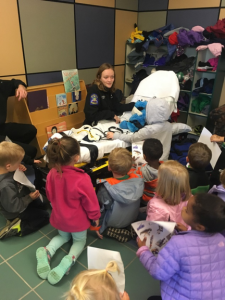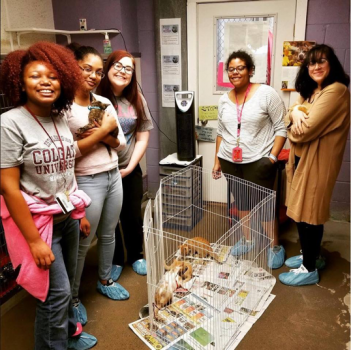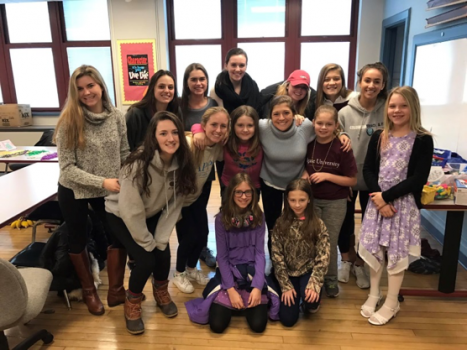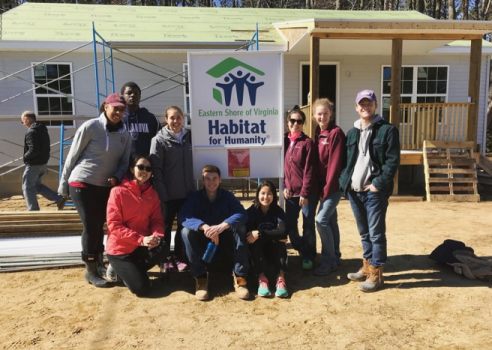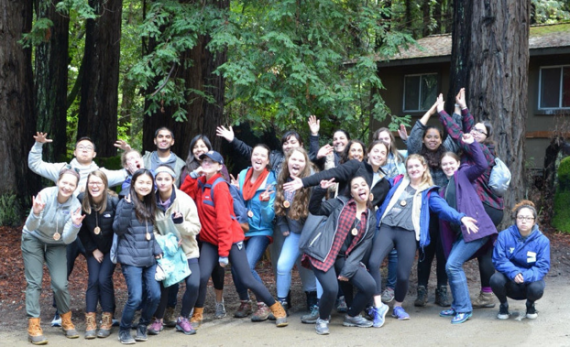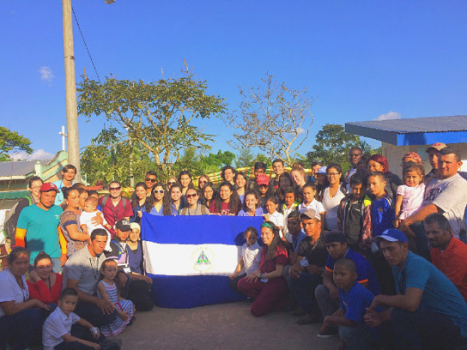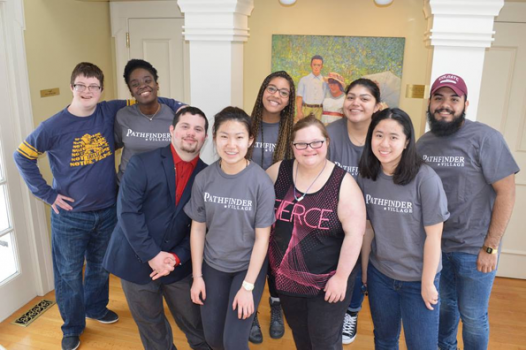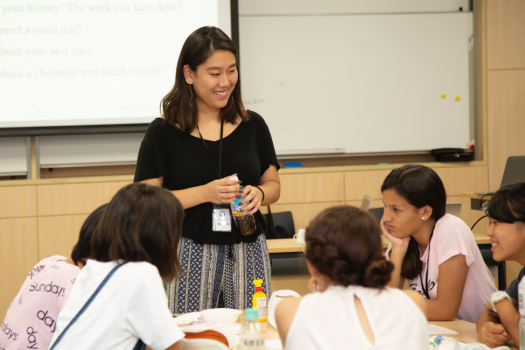
Risako Yang ‘21 is studying English and Biology. Her interest in working with the community stemmed from her interest in people. She has worked with the organization Ashinaga since the 6th grade. Ashinaga is an organization in Tokyo, Japan that provides educational and emotional support to children who have lost one or both parents. Additionally, she has supported the organization SKY Labo, an NGO founded in 2016 to encourage women in STEM in Japan through summer programs with a curriculum focused on design thinking. She worked with the teaching staff to establish curriculums both for the students and the design coaches (interns). In addition, she works as a bilingual design coach, helping Japanese middle school and high school students to learn in a completely English environment.
What does community service mean to you?
Community service means mutually receiving and learning from each other, rather than one party “helping” others.
What has been one of your most meaningful experiences in the nonprofit sector?
Working with SKY Labo, I got to observe some of the students’ expressions change in the matter of three days. Seeing how such a short program could change the girls’ attitude towards education and their own futures made me wonder how the Japanese education system should change more dramatically in the future.
How did you find this opportunity?
When the earthquake and tsunami hit Japan in 2011, I wanted to work with the victims directly. The money I had fundraised at my school had gone to Ashinaga, so I decided to reach out to them. My family was doubtful that a Japanese organization would accept a 6th grader, which is considered an elementary schooler in Japan, to volunteer. Much to everyone’s surprise, they welcomed me into the team and I have been working with them since.
What was your experience like? What did you gain from this experience?
Working with a well-established organization with a long history like Ashinaga as well as a smaller organization like SKY Labo with a start-up mentality has allowed me to observe the inner workings of nonprofits from many angles.
How did this experience influence your plans for the future?
Being able to first-handedly experience the direct impacts of organizations like Ashinaga and SKY Labo has allowed me to understand the impact of working directly with people. While I am currently exploring various disciplines and fields, I know for sure that I would like to work directly with people in my future.



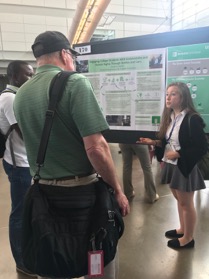
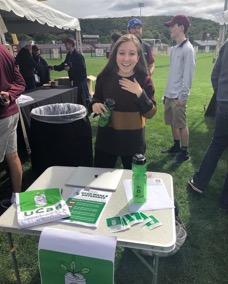
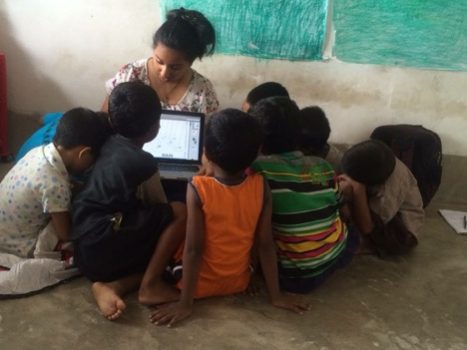
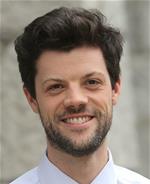
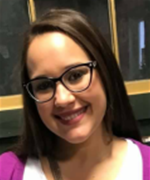
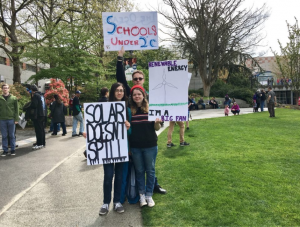
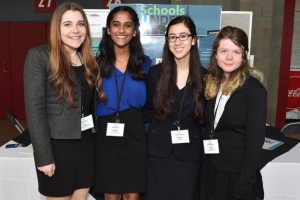 Adriana, second from the right, as part of a winning team for Schools Under 2oC at the Itron Food, Energy, and Water Challenge in 2017.
Adriana, second from the right, as part of a winning team for Schools Under 2oC at the Itron Food, Energy, and Water Challenge in 2017.